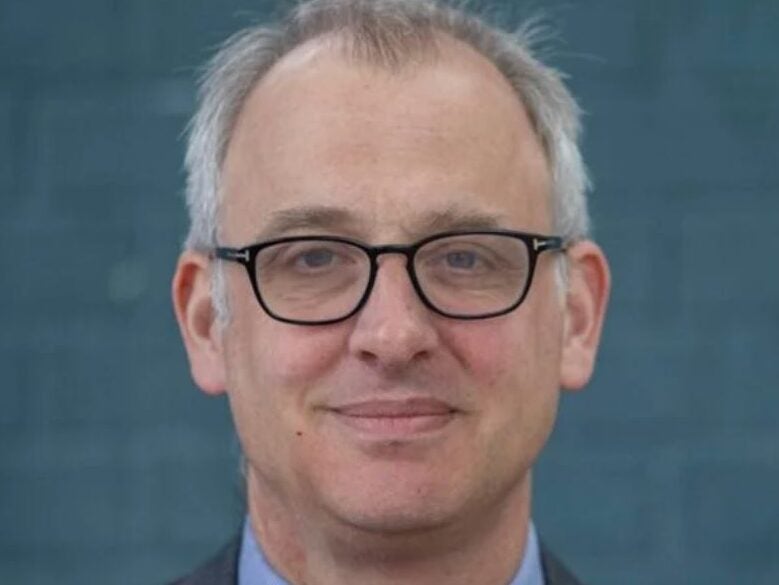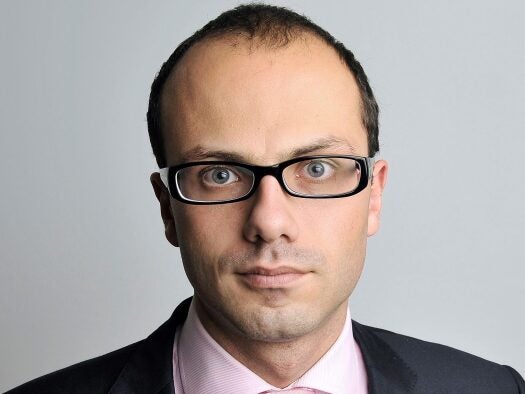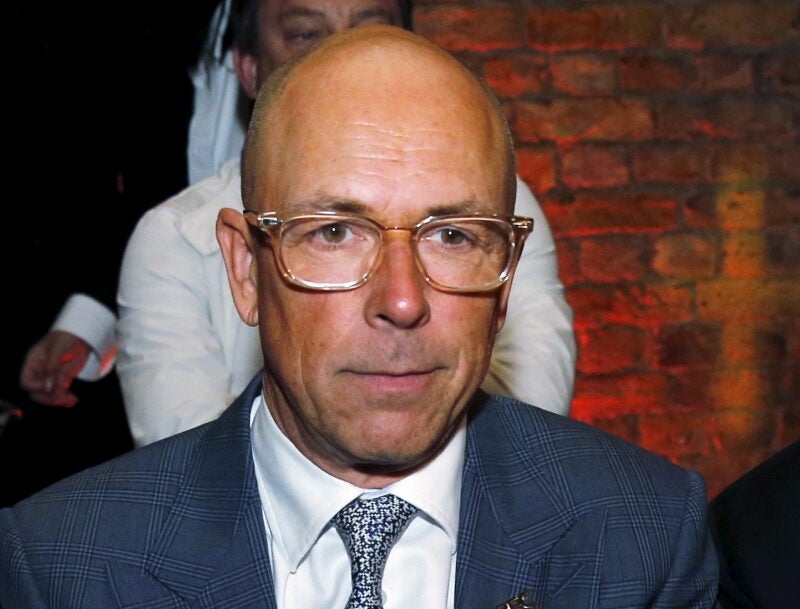Donald Trump’s chances of winning the southern battleground state of North Carolina in November’s presidential election have been threatened by explosive allegations of racist comments on a pornography website by Republican governor candidate Mark Robinson.
The furore around Robinson erupted on Thursday after CNN reported that in posts from 2008 to 2012 on pornography forum Nude Africa he called himself a “black NAZI!” and expressed support for “reinstating slavery”.
Robinson has vowed to stay in the race and in a short video posted on X he denied making the comments, blaming his Democratic opponent Josh Stein for “a story leaked by him” to the press.
The allegations about Robinson come as Trump is already under fire for being too close to the radical fringes of the Republican party.
The former president has faced calls to distance his campaign from Laura Loomer, a far-right social media influencer who has flown on his plane and accompanied him to events, and to disavow baseless claims that Haitian immigrants are abducting and eating pets in Springfield, Ohio.
North Carolina is emerging as a must-win state for Trump. While it has voted for the Republican White House candidate in every race since 2008, Democrats are increasingly confident that the state is winnable.
Since Kamala Harris became the party’s candidate, the Democrats have been gaining ground in North Carolina, especially in more affluent college-educated suburbs. Trump is leading Harris in the state by 1.3 percentage points, according to the FT’s poll tracker.
Robinson has been one of Trump’s closest allies and protégés in recent years. At a campaign rally in Greensboro, North Carolina in March, the former president endorsed Robinson and called him “Martin Luther King on steroids”, referring to the late civil rights activist and preacher.
“I think you’re better than Martin Luther King,” Trump said, then joked that Robinson might not consider it a compliment.
During a campaign event in Wilmington, North Carolina in 2022, Trump said Robinson was “one of the hottest politicians in the United States of America”, and had “become a friend of mine”. Robinson was also given a speaking slot at the Republican National Convention in Wisconsin in July.
Trump was scheduled to campaign in the state on Saturday.
Democrats have seized on the revelations. In a post on X, North Carolina governor Roy Cooper wrote that “Donald Trump and NC GOP leaders embraced Mark Robinson for years knowing who he was and what he stood for including disrespect for women and inciting violence. They reap what they sow”.
The CNN allegations included Robinson posting that “slavery is not bad. Some people need to be slaves. I wish they would bring it (slavery) back. I would certainly buy a few”, and that he liked “watching tyranny on girl porn”.
The North Carolina Republican party said in a statement on Thursday that Robinson “has categorically denied the allegations made by CNN but that won’t stop the Left from trying to demonise him via personal attacks”.
Even prior to the CNN report, Democrats criticised Robinson as an extreme and toxic politician.
“Mark Robinson is a very dangerous candidate for governor” Drew Kromer, chair of the Mecklenburg County Democratic party, said this week. “He will take away the status of North Carolina as one of the final places in the south where women can go to get reproductive healthcare . . . I don’t think people can fully appreciate the downstream consequences that would have on folks all over this country.”

















































































































































You must be logged in to post a comment Login